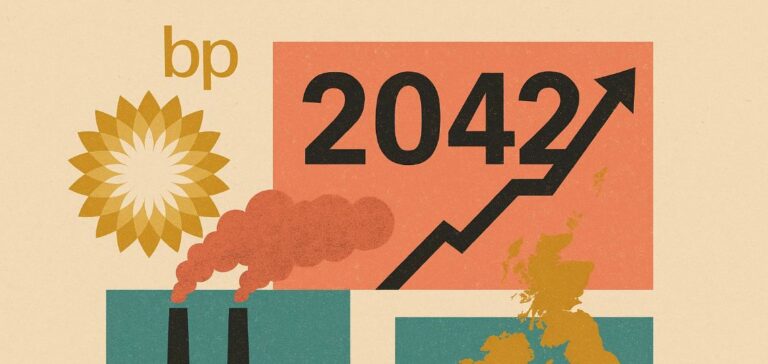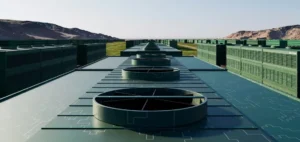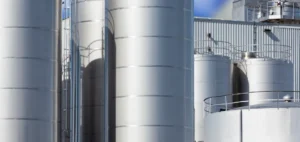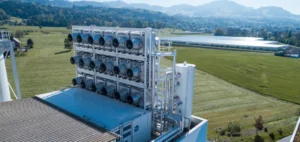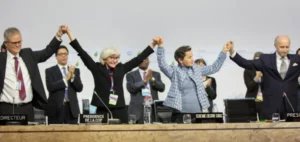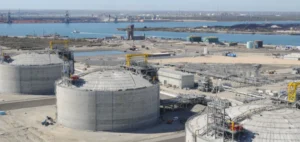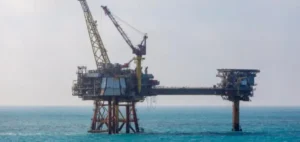Oil and gas company BP has supported a 12-year extension of the United Kingdom Emissions Trading System (UK ETS) beyond 2030, in its official response to a public consultation launched by the UK ETS Authority. The proposal aims to expand the second phase of the system from 2031 to 2042, offering covered entities greater regulatory visibility and more stable investment conditions.
The current system, implemented in 2021 following the United Kingdom’s exit from the European Union, is scheduled to conclude at the end of 2030. Any continuation beyond this point will require dedicated legislation. BP stated that the proposed extension would support market continuity, facilitate long-term investment planning, and encourage the adoption of lower-carbon technologies.
Towards convergence with the European system
BP also expressed its support for linking the UK system with the European Union Emissions Trading System (EU ETS), citing greater efficiency and strategic alignment with the country’s goals. This potential linkage is currently under review by UK authorities, which has led to a notable rise in UK carbon allowance prices.
According to Platts, a division of S&P Global Commodity Insights, UK Allowances (UKA) for December 2025 delivery reached an 11-month high in early May. On May 9, UKAs were assessed at GBP51.34/mtCO₂e ($67.78), compared with Eur70.32/mtCO₂e ($78.22) for European Allowances (EUA).
BP supports including carbon removals in the market
The company also advocated for the inclusion of carbon removals within the UK ETS, aiming to expand compliance mechanisms available to businesses and enhance the system’s effectiveness. It further called for flexibility to recognise other global carbon markets within the UK framework.
The issue of allowance banking—purchasing allowances for use beyond the current phase—is also part of the consultation. This practice is currently allowed within Phase I of the UK ETS. BP stated that it supports continuing this policy in the next phase as a tool to preserve market stability.
Several energy companies and industry associations have recently indicated that an interconnection between the UK and EU systems would reduce decarbonisation costs and strengthen investor confidence. The price divergence seen in 2023 and 2024 between the two markets has illustrated the limitations of an isolated system.


